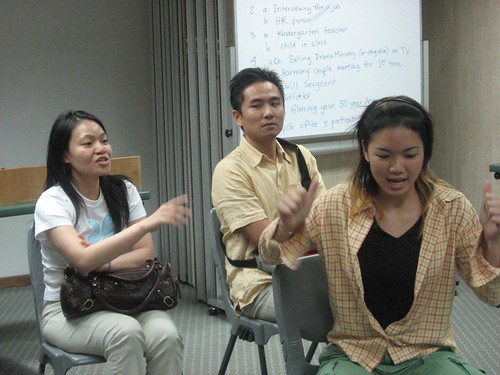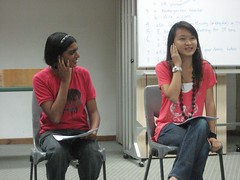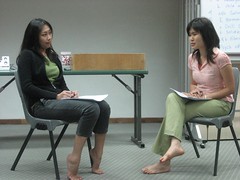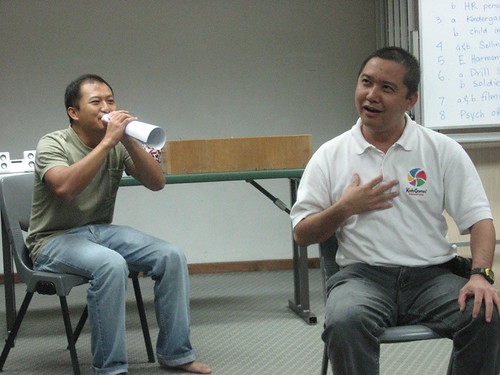In class you will be reading or seeing a number of examples of well written pieces. As part of your homework, you are asked to read and evaluate at least 5 additional sketches here on the blog. Sketch Collections are on reserve in the TCA library. You may submit your evaluations here on the blog (preferred), or you may submit them in class by the due date (see Syllabus below).
How to submit here on line: Copy and paste the text below into a new document on your computer (so that your work doesn't get lost if you have trouble posting, and so that you have a copy of it in your computer). When you have finished responding to the questions below, come back to the blog and post it as a group member (if you've joined) or as a comment (if you have not joined).
Name of Sketch:
Name of Sketch Collection/Book:
Publisher:
Copywrite date:
On a scale of 1-10, how would you rate this script?
Do you feel that it would work in your setting without modifications?
Do you feel it would work with minor modifications
(To honor copyright, it is best to check through the publisher about modifications)?
STYLE:
(Realistic Drama or Comedy, Farce, Reader’s Theatre, Radio Drama, Mime, Puppet Show, Clown, Stylized, Musical, Opera)
TARGET AUDIENCE:
(Christians, Unchurched, Children, Youth, Adults, a specific ethnic group)
PERFORMERS NEED TO BE:
Beginning, Intermediate, Advanced
STRUCTURE:
Does it grab your interest and make you want to see what happens? How?
Does it develop logically, so that the action can be followed? (inciting action, rising action, climax, denoument)
Does it reach a satisfying conclusion? How?
What is the playwright’s theme? (issue)
Is the premise believable? (what happens)
Does it have clear and adequat conflict? What is the conflict?
Does it appeal to the imagination?
If a comedy sketch, is it funny?
If a drama sketch, is it actually dramatic?
If a mime, are the stage directions clear?
If a reader's theatre, is it voiced well?
Is it developed in a fresh creative way or is it too predictable?
MESSAGE:
What is it about? What Christian truth does it reflect or set up teaching about?
Does it deal with one issue, or avoid trying to say too much for it's length?
Does it avoid answering its central question with platitudes and cliches?
Does it refrain from being too preachy?
Is it relevant?
PRODUCTION:
Are the playwright’s production notes adequate?
Is it possible to produce?
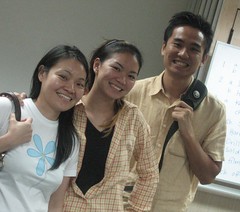 WEEK 1: INTRODUCTIONS
WEEK 1: INTRODUCTIONS